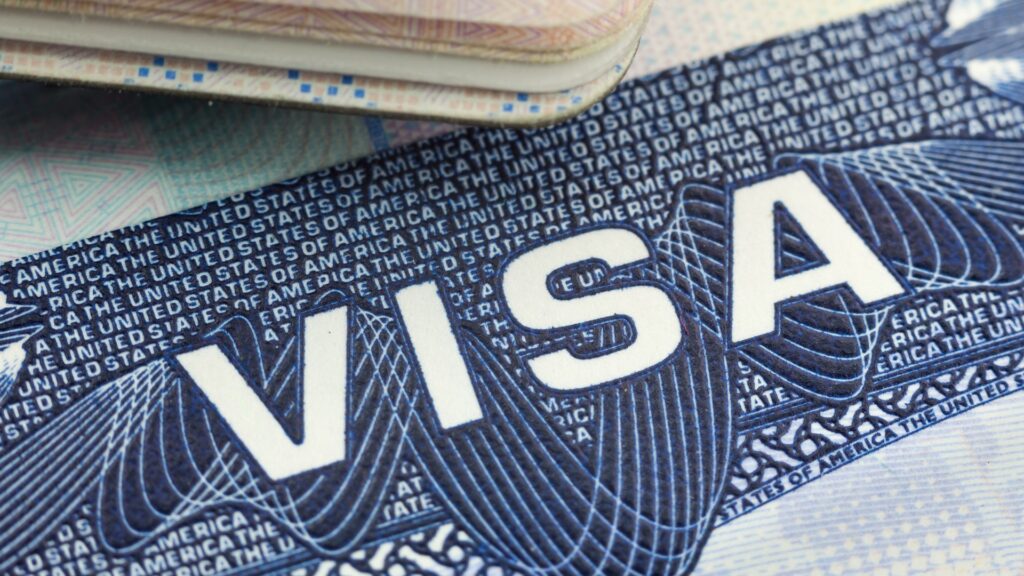The H-3 visa permits foreign nationals (FNs) from any country to come to the United States to participate in a training program with a U.S. employer.
The U.S. employer must demonstrate that:
- The proposed training is not available in the FN’s own country;
- The FN will not be placed in a position which is in the normal operation of the business and in which citizens and resident workers are regularly employed;
- The FN will not engage in productive employment unless such employment is incidental and necessary to the training; and
- The training will benefit the FN in pursuing a career outside the United States.
H-3 visa requirements
In order to receive an H-3 visa, the U.S. employer files an H-3 petition with the appropriate U.S. Citizenship and Immigration Services (USCIS) regional service center. The petition must include a statement which:
- Describes the type of training and supervision to be given, and the structure of the training program;
- Sets forth the proportion of time that will be devoted to productive employment;
- Shows the number of hours that will be spent, respectively, in classroom instruction and in on-the-job training;
- Describes the career abroad for which the training will prepare the FN;
- Indicates the reasons why such training cannot be obtained in the FN’s country and why it is necessary for the FN to be trained in the United States; and
- Indicates the source of any remuneration received by the FN and any benefit which will accrue to the petitioner for providing the training.
USCIS will not approve a training program which:
- Deals in generalities with no fixed schedule, objectives or means of evaluation;
- Is incompatible with the nature of the petitioner’s business or enterprise;
- Is on behalf of an FN who already possesses substantial training and expertise in the proposed field of training;
- Is in a field in which it is unlikely that the knowledge or skill will be used outside the United States;
- Will result in productive employment beyond that which is incidental and necessary to the training;
- Is designated to recruit and train FNs for the ultimate staffing of domestic operations in the United States;
- Does not establish that the petitioner has the physical plant and sufficiently trained manpower to provide the training specified; or
- Is designed to extend the total allowable period of practical training previously authorized to a nonimmigrant student.
Premium processing
Current processing times vary for H-3 visa applications because of backlogs and delays at USCIS.
USCIS’s “Premium Processing Service” allows businesses to request expedited adjudication on certain pending and newly filed petitions and applications, including H-3 petitions, by filing a completed Form I-907 (Request for Premium Processing Service) and paying the prevailing government fee. This fee is in addition to the normal filing fee and must be paid by separate check or money order.
USCIS guarantees that within 15 business days of receipt (for most visa classifications) of the Premium Processing request and fee, the employer will receive either an approval notice, a notice of intent to deny, or a request for evidence. If USCIS fails to meet its 15-business-day guarantee, it will refund the prevailing government fee but will continue to process the petition expeditiously.
Steps after H-3 petition approval
Once approval of an H-3 petition is granted by USCIS, the transferring employee, spouse and minor children (under the age of 21) apply for H-3 and H-4 visas, respectively, at a U.S. Consulate (Canadian citizens are visa exempt and are not required to apply for visas at a U.S. Consulate). The FN must demonstrate that they have a residence in a foreign county which they have no intention of abandoning.
The FN must also be able to prove that they plan on returning to their home country, both at the time of application for the H-3 visa application and admission to the United States. The H-3 visa training program may not exceed 24 months of duration.
Further reading
What is the Visa Waiver Program?
Frequent tax and social security issues encountered by foreign nationals

